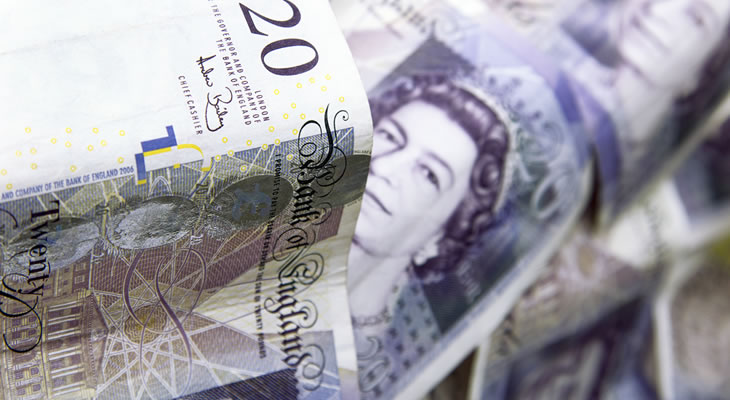As debate continues to rage over the likelihood of a fresh Conservative leadership election the mood towards the Pound has remained distinctly bearish.
Markets are not impressed by the prospect of further political instability and upheaval, especially as Brexit negotiations have shown no significant signs of progress.
This has given investors further incentive to sell out of Sterling, even after the Halifax house price index surprised to the upside in September.
Although this stronger showing suggests that the UK housing market is in a more resilient state than previously thought this was not enough to improve the appeal of the Pound ahead of the weekend.
While markets have already priced in relatively high odds of an imminent Bank of England (BoE) interest rate hike this leaves GBP exchange rates vulnerable to downside pressure.
Any disappointment from the latest raft of UK production and trade data could thus weigh heavily on the Pound Euro exchange rate, undermining the case for immediate policy action.
The NIESR gross domestic product estimate for the three months to September will also be in focus on Tuesday.
If the estimate points towards a weaker level of growth within the UK economy then the Pound could shed further ground against its rivals.
On the other hand, any acceleration in domestic growth could offer the GBP EUR exchange rate a solid rallying point.
Solid German Data Limits Euro Weakness
Confidence in the Euro, meanwhile, remains somewhat limited thanks to the ongoing Catalan crisis.
With Catalan officials still striking a defiant tone in response to the Spanish constitutional court’s decision to suspend the regional parliament the potential for further instability remains.
If Catalonia does attempt a unilateral declaration of independence this could prompt a sharp decline for the single currency, highlighting the persistent political tensions within the Eurozone.
Even so, the economic outlook of the currency union still appears relatively encouraging thanks to the bullish nature of the latest German data.
This has somewhat muted the impact of the escalating tensions between Spain and Catalonia, preventing the GBP EUR exchange rate from finding any particular footholds.
As Carsten Brzeski, Chief Economist at ING, noted of August’s factory orders data:
‘Due to strong erratic monthly movements in the first eight months of the year, new orders on average increased by only 0.1%. Thanks to today’s strong data, 2017 now looks as good as 2016. Combined with strong business surveys, showing production expectations as well as orders books close to record highs, the German industry looks all set to end the year at maximum speed.’
If the Eurozone’s powerhouse economy continues to demonstrate signs of resilience this should keep a floor under the Euro in the near term.
However, any further deterioration in the Catalan situation may discourage investors from favouring the single currency in the coming days.


Comments are closed.